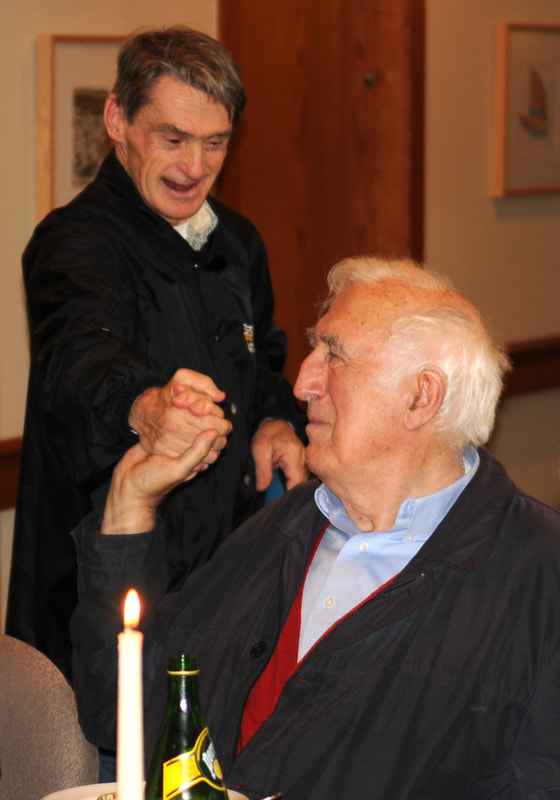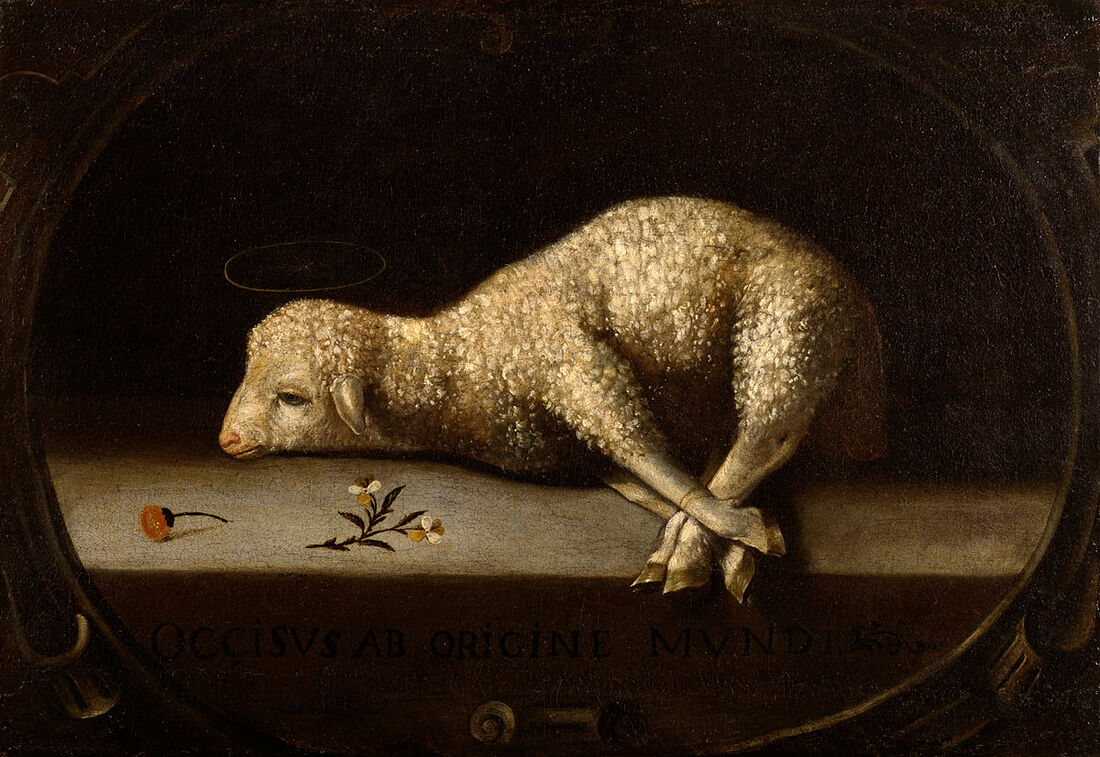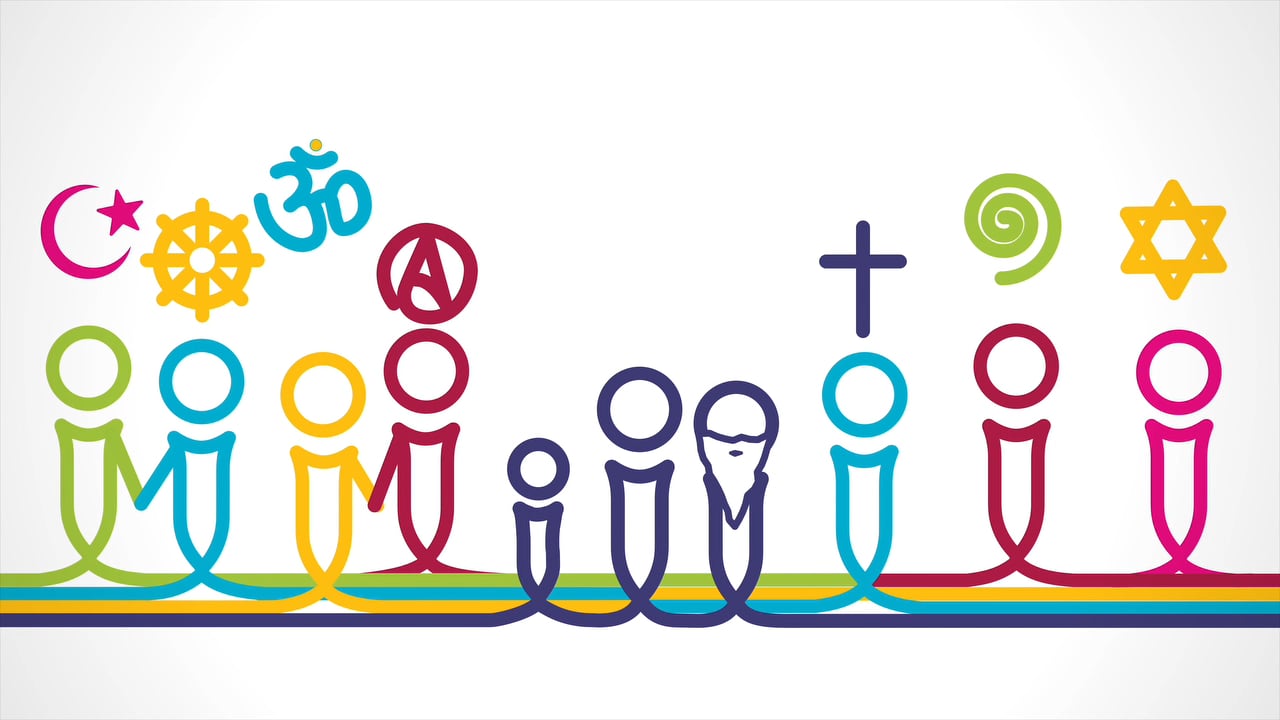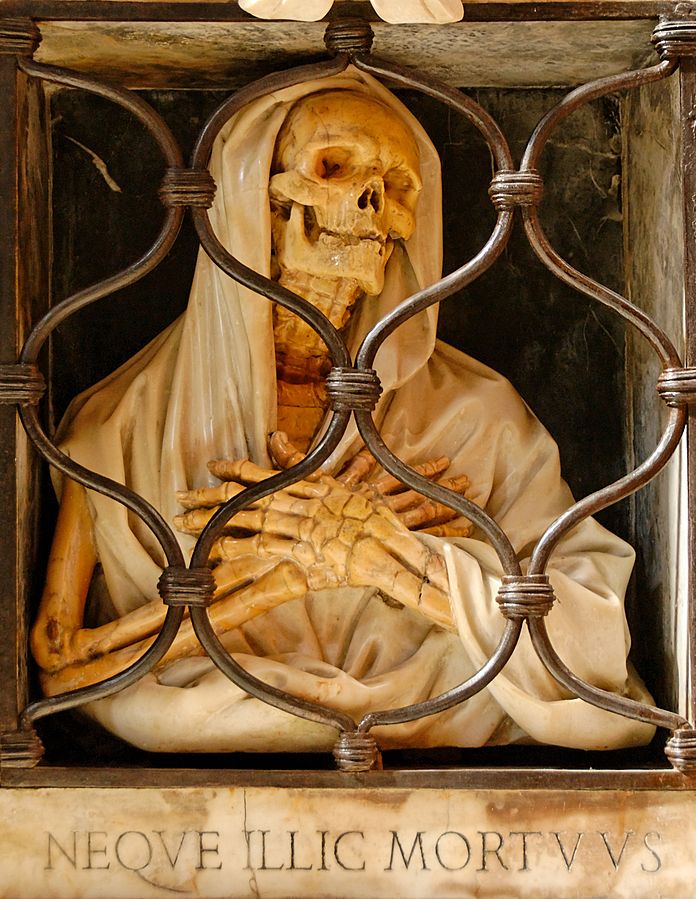|
John Vanier, co-author of "Living Gently in a Violent World." For most of my life I found the story of Adam and Eve perplexing for a number of reasons. Beside the talking snake, the seemingly silly command of God not to eat from a tree, or the woman being made out of Adam's rib - one of the most puzzling elements to me was our forebear's first response to sin. The first response wasn't to hide, to repent, or to run. Their response was a recognition of their nakedness. Talk about a weird story. But as I've learned more about the Bible, I have come to recognize that these odd details are often some of the most important details, because they indicate something profound. Such is the case with the nakedness of Adam and Eve.
0 Comments
Most Christians, and those who live in "Christian societies" are familiar with the ten commandments. Don't steal, don't murder, don't covet, etcetera. But the ten commandments are just a small representation of the Bible's laws. You may not know that the Old Testament actually contains over 600 laws for the people of God to follow. In the New Testament, Jesus does us a favor and condenses all of the laws to two: love God and love your neighbor (Mt. 22:34-40). If we simply do those two things, then we'll never break any of the other 600 commandments. If we loved others, how could we murder them? If we loved, how could we covet what another has instead of being happy for them? If we loved God, how could we choose to avoid Him by not gathering together with other Christians to worship Him? Love is absolutely central to the Bible and to followers of Christ. In fact, Jesus tells us that it is a Christian's love which will distinguish them as a true follower of God (Jn. 13:35).
What's the difference between a lost cause and a noble one? When does another chance turn into the last chance? If we're supposed to forgive someone seventy times seven, as Jesus said, how do we respond to the 491st offense? These are difficult questions all Christians must ask themselves. As I ruminated on such questions over the past few years, I was never able to arrive at a solid conclusion. In fact, I don't know many Christians who have nailed these issues down. Whether the answers are just too difficult to see, or our hearts too hard to accept the Christ-like answers we really know to be true, most of us, most of the time, seem to meander away from truth or certainty. In such a pragmatic society as ours, we are strangely content with labeling Christ's hardest exhortations, like those on forgiveness and mercy, as conundrums - gray areas we're happy to keep gray. Instead of working hard to discern God's Word and align our decisions with Christ's teachings, we instead tend to choose to be guided by our subjective, situational feelings rather than the objective truth our savior brought, and the tangible truth our savior lived out. Instead of embracing grace and forgiveness apart from merit, we all too often choose to forgive - or not, based on who has wronged us, how many times they have wronged us, or how severely they have wronged us. Our feelings are often the determinate standard for our actions, not God's decree.
"Ce e bun, e rar."
That which is good, is rare. I was introduced to this Romanian phrase the other week at Bible study, when our Romanian leader for that week put this idea forward and asked whether everyone agreed with the statement. Such a statement seems true on its face. Yachts, diamonds, vintage wines, and front row seating at a concert are wonderful things, but extremely rare. They're something you savor when you experience them, and often pay a high price to obtain them. The more magnificent something is, the rarer and harder to obtain it will be. For the most part, all of us agreed with the phrase. While I typically shy away from universal statements, it at least seemed generally true. It does seem like the best things are rare. After discussing the Romanian phrase, our leader then asked a tough follow-up question. "If the love and grace of God is so wonderful, how could it be so plentiful?" The implication, of course, was that if God's love was so amazing, it would be rare and difficult to obtain, but we know that God's love is endless and readily available. Our leader pointed out that a grace like that presented in the gospels seems like something that would devalue itself. Flooding the spiritual market with grace, like flooding the economic market with money, would make the value, wonder, and power of grace diminish. I appreciated this question, as our Romanian leader had grown up with a very strong emphasis on merit. This notion of free, unmerited grace was new to him. It seemed like he found it interesting and compelling, but couldn't figure out how such a thing could be real. The secular world often refers to Christianity as a religion, probably because it is. But many Christians don't seem to like being pigeonholed that way. Since Christianity is an exclusive religion, Christians feel the need to set themselves apart from "religion." I often hear Christians respond to such phrasing with disdain. "Christianity isn't a religion," they say. "It's a relationship." The response is a well meaning quip intended to rebut the modern notion that religion is merely a personal, mental and emotional system intended to help one make their way through life. There are hundreds of religions to choose from, and Christianity is just another. But Christians feel that Christianity is so much more than that and they want the world to know it. As I think about the popular Christian response to Christianity as religion, I am finding that it becomes more unappealing to me. Much of my dislike for the response probably lies in the way some Christians make the remark. The response is often accompanied by a self-righteous tone, and is frequently directed towards "sinners" and unbelievers in what seems to be more of a smug retort by the Christian who is upset at being stereotyped. Rather than the response being a theological or apologetic rationale for why one should be a Christian, it's just a pointed response. When used with such a demeaning tone, I find the quip absolutely unappealing. Even when used appropriately, however, I'm finding that I just don't like the way Christians respond. It's not because saying that Christianity is a relationship is inaccurate, but rather that it's not precise. It conveys a true idea, but it often fails to take the unbeliever or the Christian to the proper conclusion, and may actually do more harm than good.
work week, a leisurely vacation, or anything else, we think about how long an event will last. Sometimes we dwell on the anticipation of something tedious or painful ending, and at other times, it's anxiety at the thought of something great coming to a close. So just like on the day we became newlyweds – and even more so seven years into our vows – I can't help but think about our love as something fantastic that is drawing to a close - at some undetermined time in the future, at least from my perspective.
For those that know me, however, you understand that under my facade of seriousness I am all jokes. To my credit, I can let some very serious things roll off my back and move on with life. But to my debt, the inability to ever take anything with complete seriousness can end up hurting others. In this instance, I think it's to my credit. While I wanted to explore some very serious ideas in this poem, I also wanted to lighten it up a little and have fun with it. I wanted to show that death doesn't kill life while it is being lived. So even when addressing the ending of our lives, such thoughts don't negate the fullness of those lives and our love.
Most parents presumably want their children to not only live, but to enjoy life and cope with what it throws at them. As parents, you have to fit this overtime job into your full time job. It is a 16+ hour a day job of parenting. And if you have other commitments outside the home as well, your workload multiplies quickly. Days become monotonous lists of waking up to a cry, dressing, feeding, changing diapers, cleaning up messes, reading a book for the 100th time, enunciating a word for the 1000th time, changing more diapers, feeding again, laying the kids down for a nap, fitting in your house chores to the 90 minutes you have "free" during nap time, ending up only getting 60 minutes because your kid wakes up early, changing another diaper, feeding again, reading a book for the 101st time... And that's only half of the day.
But despite the monotony and exhaustion of the parenting endeavor, parenting is also a fun, energizing adventure. In many ways it is a return to one's own childhood. Do you remember how exciting it was to chew gum for the first time? I didn't, until I got to see Elin's excitement at her first experience chewing gum the other day. I never knew I had the capacity to become excited about such a common act as the chewing of gum - but I did. Do you remember how exciting it was to jump off the side of the pool and into the water - a whole two inches? I didn't, until Elin experienced this for the first time the other week. I was experiencing the excitement of a mundane action that had become new. Enriching your child's life makes the monotonous endeavor of parenting wonderful. Seeing their reactions to what we now feel are mundane experiences is pure joy - both for them and for you. |
*The views and ideas on this site are in no way affiliated with any organization, business, or individuals we are a part of or work with. They're also not theological certainties. They're simply thinking out loud, on issues and difficulties as I process things.
Categories
All
|










 RSS Feed
RSS Feed